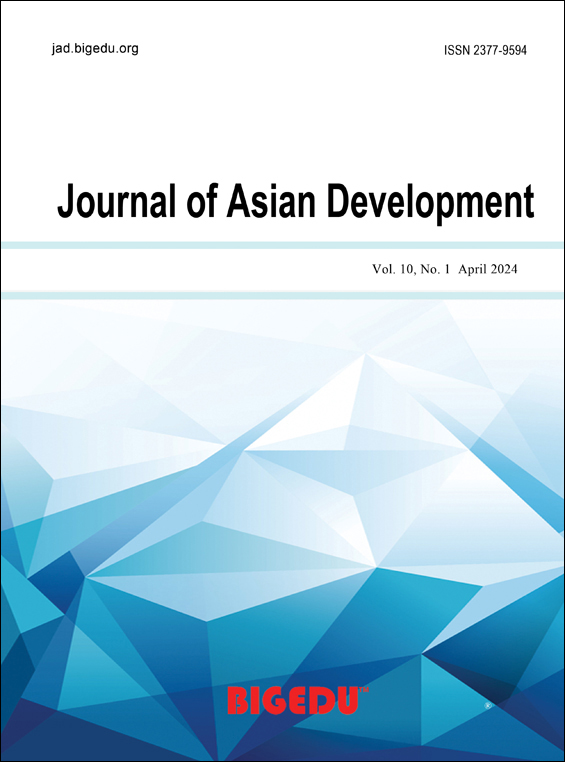The Re-Examination of the Israel-Hamas War in the Light of the Just War Theory
DOI:
https://doi.org/10.52941/jad.v10i1.58Keywords:
Israel, Hamas, Conflict, just war theory, politics, historyAbstract
The Israel-Hamas conflict presents a complex ethical dilemma when viewed through the lens of the just war theory. This essay examines the conflict in light of the theory's principles, including jus ad bellum, jus in bello, and jus post bellum. Justifying the resort to war requires careful consideration of factors such as just cause, legitimate authority, and right intention. However, interpretations of these criteria vary widely, reflecting divergent narratives and interests on both sides. Once hostilities commence, adherence to principles of proportionality and discrimination becomes paramount, yet the asymmetrical nature of the conflict complicates efforts to minimize harm to non-combatants. The concept of jus post bellum emphasizes the importance of achieving a just and sustainable peace, but persistent cycles of violence and political divisions impede progress toward reconciliation. By examining the Israel-Hamas conflict through the prism of just war theory, this paper highlights the challenges of applying ethical principles to contemporary conflicts and underscores the need for nuanced and context-specific approaches to promoting peace and justice. In conclusion, it is important for world leaders to abide by the principles of just war as they navigate conflict and warfare within their territories; and by upholding the ethical guidelines of proportionality, discrimination, and just cause, these leaders have the opportunity to reduce and minimize civilian casualties.
Downloads
Published
How to Cite
Issue
Section
License
Copyright (c) 2024 Ejuchegahi Anthony Angwaomaodoko

This work is licensed under a Creative Commons Attribution-NonCommercial 4.0 International License.
Copyrights of all articles published in Bigedu Foundation are retained by the authors, with first publication rights granted to the journal. The journal/publisher is not responsible for subsequent uses of the work.
All articles are published under the Creative Commons Attribution (CC-BY) license.
Authors have the rights to reuse, republish, archive, and distribute their own articles after publication, and undertake to permit others to distribute, remix, adapt, and build upon this work non-commercially provided the original work is properly cited. The full guidance that applies to the CC-BY license can be found at http://creativecommons.org/licenses/by/4.0/







